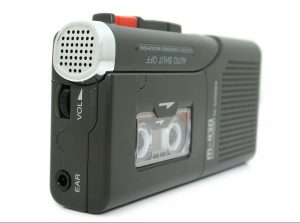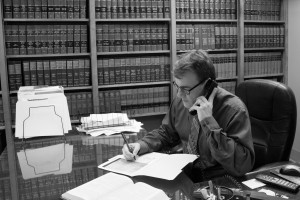
Criminal Defense Law Firm 317-636-7514
Admissible Evidence
Although the laws surrounding evidence vary among jurisdictions, the general rule for evidence is that it cannot be used in court if it was obtained illegally. Under the individual penal codes in most states, superstitiously tape recording a phone conversation is illegal, therefore, it would not be admissible in court as evidence. To make it legal, you would have to notify the person that the conversation is being recorded, or receive their permission to record them.
✇ Both Parties Must Consent:
There are 12 states that require both parties to consent to a recorded conversation. These states include California, Connecticut, Delaware, Florida, Illinois, Maryland, Massachusetts, Michigan, Montana, New Hampshire, Pennsylvania and Washington.
✇ One Party Must Consent:
There are a few states in which only one party is required to give consent to a recorded conversation, and this party could be the person who chooses to record. These states include New York, Louisiana, and Texas.
The Above Rules May Be Mute Based on Predicate
Although states may have regulations that make voice recordings admissible in court, they can still be denied as evidence due to a lack of predicate. To record a conversation that can be admissible as evidence in court, you must also establish a foundation for the recorded conversation to ensure that your evidence is reliable.
Rule of Predicate Include:
1) You must show that the voice on the tape actually belongs to the person you say you are recording, rather than a person pretending to be someone else;
2) You must demonstrate that the recording device you used to make the recording is capable of providing accurate recordings.
3) You must prove that the recording is a realistic representation of the conversation that actually took place. Wind and other exterior elements can cause recordings to cut in and out, which is a problem in court.
4) You must prove that the recording was not interfered with or tampered in any way.
Consult with a Licensed Criminal Defense Lawyer

Criminal Defense Lawyer 317-636-7514
Call David E. Lewis, Attorney at Law, at 317-636-7514 for aggressive criminal defense in Indianapolis, Indiana. Our law firm offers free initial consultations to discuss the best strategies for your defense. Avoid the maximum penalties for your Indianapolis criminal charges by calling Attorney David E. Lewis at 317-636-7514, today.
